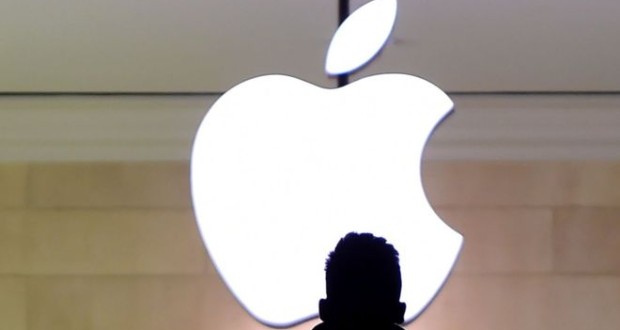-
Tips for becoming a good boxer - November 6, 2020
-
7 expert tips for making your hens night a memorable one - November 6, 2020
-
5 reasons to host your Christmas party on a cruise boat - November 6, 2020
-
What to do when you’re charged with a crime - November 6, 2020
-
Should you get one or multiple dogs? Here’s all you need to know - November 3, 2020
-
A Guide: How to Build Your Very Own Magic Mirror - February 14, 2019
-
Our Top Inspirational Baseball Stars - November 24, 2018
-
Five Tech Tools That Will Help You Turn Your Blog into a Business - November 24, 2018
-
How to Indulge on Vacation without Expanding Your Waist - November 9, 2018
-
5 Strategies for Businesses to Appeal to Today’s Increasingly Mobile-Crazed Customers - November 9, 2018
Apple can’t be forced to unlock iPhone, New York judge says
But Judge James Orenstein said the Act was not applicable in this case, adding that it was not right to impose “on Apple the obligation to assist the government’s investigation against its will”.
Advertisement
The Brooklyn case is different in that the government wants Apple to bypass the passcode so that investigators can retrieve some-but not all-of the data on the phone.
The New York magistrate echoed at least one of the key arguments Apple is making in its other, higher-profile fight with the government: the All Writs Act (AWA) can’t be used to order a technology company to manipulate its products, he said.
“If the government can invoke the All Writs Act to compel Apple to create a special operating system that undermines important security measures on the iPhone”, the company’s lawyers write, “it could argue in future cases that the courts should compel Apple to create a version to track the location of suspects, or secretly use the iPhone’s microphone and camera to record sound and video”.
But Orenstein was skeptical that the All Writs Act, enacted in 1789, would apply in this case.
Federal Bureau of Investigation director James Comey and Apple general counsel Bruce Sewell are scheduled to testify on Tuesday at a Capitol Hill hearing on encryption. The court ruled Apple must provide “reasonable technical assistance” to investigators seeking data on Syed Rizwan Farook’s iPhone 5c.
Apple’s opposition to the government’s tactics has evoked a national debate over digital privacy rights and national security.
“What today’s ruling proves is that Apple’s objections to the order aren’t frivolous and indeed might well be meritorious”, said Steven Vladeck, professor at American University’s Washington College of the Law.
Apple previously has assisted in dozens of similar situations, and the NY case marked a turning point-the company resisted such efforts, and the judge questioned the legality of what prosecutors were trying to do.
Jun Feng has already pleaded guilty to being a crystal meth dealer and will be sentenced in April but the Federal Bureau of Investigation had sought to obtain further evidence by citing a 227 year old law known as the All Writs Act, which would have compelled Apple to offer assistance.
Department of Justice spokeswoman Emily Pierce issued a statement saying the government was disappointed by the ruling and plans to appeal it to a Brooklyn district court judge.
The court in the San Bernardino phone case is expected to examine the matter again on March 22. Orenstein says that the Justice Department is seeking to rely on judical authority in an area where it is Congress’ responsibility to pass a law if it chooses.
On Monday, a judge in a related NY case sided with Apple in agreeing that the courts did not have the authority to order Apple to unlock a phone.
In the NY case, the device in question runs on iOS 7, which enables Apple to pull information from the phone onto a separate hard drive – all without having to unlock it. The San Bernardino case, the Apple executives stressed, asks the company to do much more.
Advertisement
He said the interests at stake go beyond expectations of privacy and include the commercial interest in conducting business free of potentially harmful government intrusion and the “far more fundamental and universal interest…in shielding sensitive electronically stored data from the myriad harms, great and small, that unauthorized access and misuse can cause”.





























